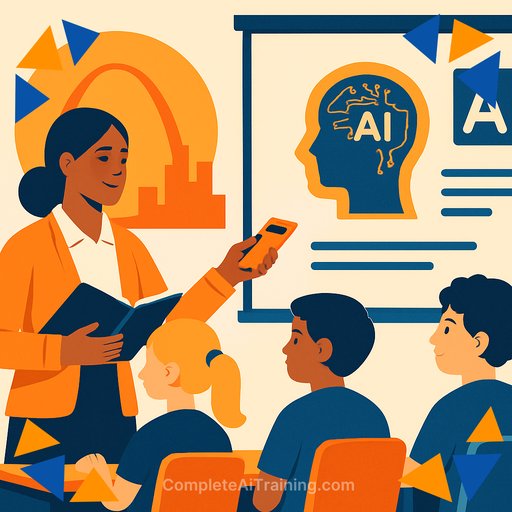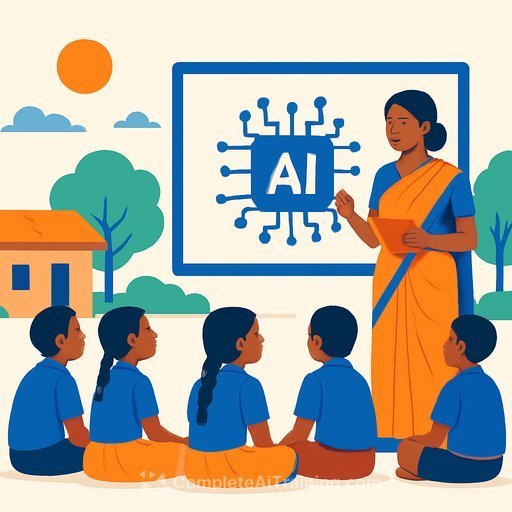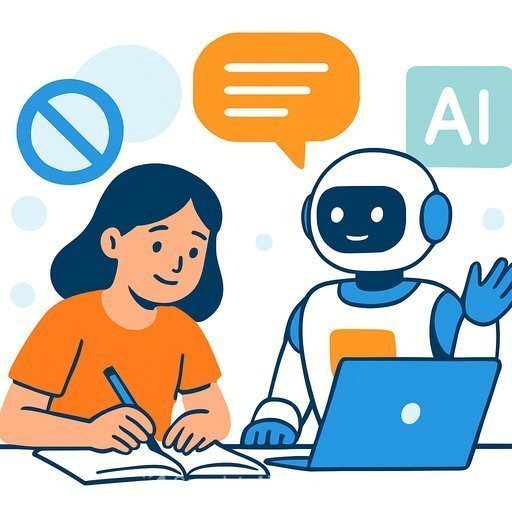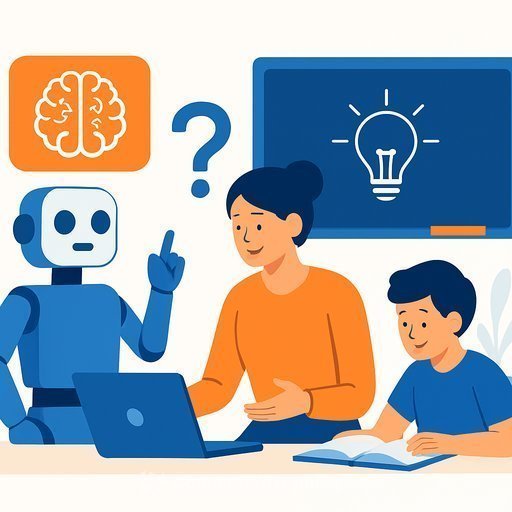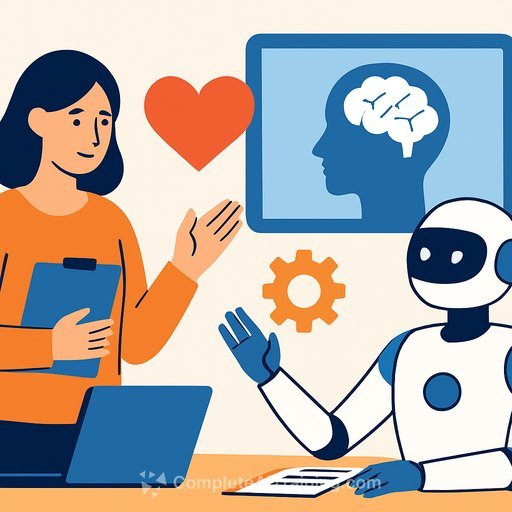St. Louis School Pioneers AI Use as Education Embraces Technology
Gateway Science Academy in St. Louis is leading efforts to integrate artificial intelligence in classrooms, aiming to support both teachers and students. This move aligns with a recent executive order promoting AI use in K-12 education across the United States.
Jessica Mayberry, a middle school teacher at Gateway Science Academy, shares how AI tools have already eased her workload. Managing lesson plans, student needs, and organizing field trips, she finds AI useful for generating new ideas and reducing time-consuming tasks.
“AI helped me think of options I didn’t think of,” Mayberry said. “I think teachers will find more joy in teaching by getting rid of some of those tasks.”
Two-Year AI Rollout with MagicSchool Platform
The school is currently piloting MagicSchool, a platform offering AI-powered tools for lesson planning, assessments, and differentiated instruction. Teachers are testing five different apps in the first year to explore how AI can streamline their work and enhance student support. Next year, the program will expand to include students directly, helping them with personalized learning and project-based tasks.
This initiative complements the executive order signed by President Donald Trump on April 23, titled “Advancing Artificial Intelligence Education for American Youth.” The order encourages appropriate AI integration in classrooms to improve learning outcomes and prepare students for a technology-driven workforce.
“It’s a big deal,” Trump said during the signing. “AI is certainly where it seems to be at.”
AI as a Tool to Support Diverse Learners and Reduce Teacher Burnout
Teachers like Mayberry see AI as a practical tool to address diverse learning needs. With students varying in reading levels and learning styles, AI helps customize lessons more efficiently, cutting down preparation time. This, in turn, can help reduce teacher burnout.
Dr. Brian Schick, Gateway’s Director of Teaching and Learning, emphasizes that AI is meant to assist educators, not replace them.
“AI is like every other piece of technology we’ve encountered,” Schick said. “Great resource, great opportunity ... but a lot to consider when using it responsibly and safely.”
The school’s plan includes teacher-led training sessions, monthly support meetings, and an online resource hub. By 2026, Gateway aims for all teachers to be proficient in AI tools, with students actively using select apps to enhance their learning.
Other Districts Respond to AI Integration
St. Louis Public Schools (SLPS) and Rockwood School District are also considering how to adapt to AI in education.
SLPS Superintendent Dr. Millicent Borishade stated that the district is focused on equipping students with critical thinking, digital literacy, and ethical awareness skills needed in an AI-influenced society. The district plans to collaborate with federal and state initiatives to ensure equitable and thoughtful AI integration.
The Rockwood School District is developing an online AI course for high school students that includes guidelines on responsible use and citing AI-assisted work. Teachers and staff receive ongoing opportunities to build their AI skills through professional learning sessions and collaboration with technology experts.
Preparing Educators for AI in the Classroom
As AI gains traction in education, teacher training and support remain crucial. Schools like Gateway Science Academy are focusing on practical training to ensure teachers can confidently use AI tools to enhance instruction without adding complexity.
For educators interested in expanding their AI knowledge and skills, resources such as Complete AI Training's latest AI courses offer practical guidance tailored for education professionals.
- AI tools can reduce time spent on lesson planning and assessments.
- Personalized learning becomes more accessible with AI support.
- Teacher training is essential for responsible and effective AI use.
- Collaboration among districts helps share best practices and resources.
As AI continues to shape education, schools that provide thoughtful support and training will better prepare both teachers and students for a changing learning environment.
Your membership also unlocks:

